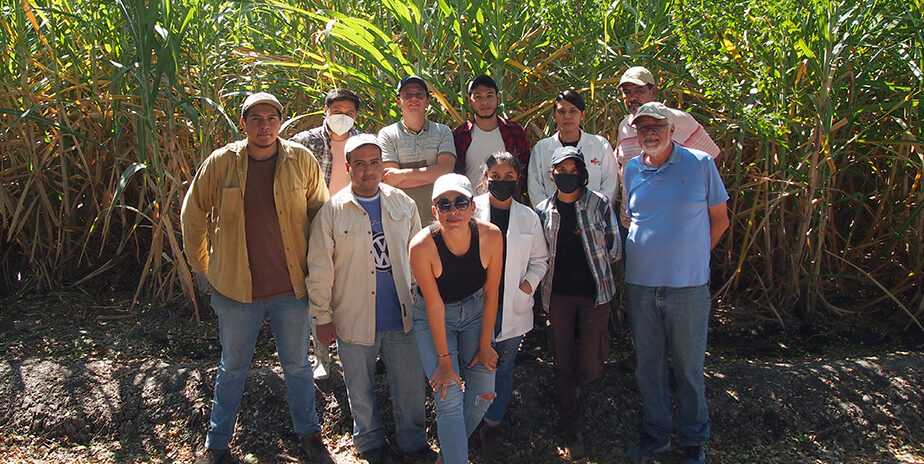
Carbon sequestration through soil technology innovation
Name of the project: Reduction of global warming through the production of sugarcane in Mexico
Call for proposals theme: Building innovative approaches to reduce greenhouse gas emissions or improve water stewardship in sugarcane farming and milling
Project lead: Biofábrica Siglo XXI
Co-leads: Coca-Cola de México and Unión Nacional de Cañeros, A.C. – CNPR
Grant awarded: £30,000
Project budget: £45,003
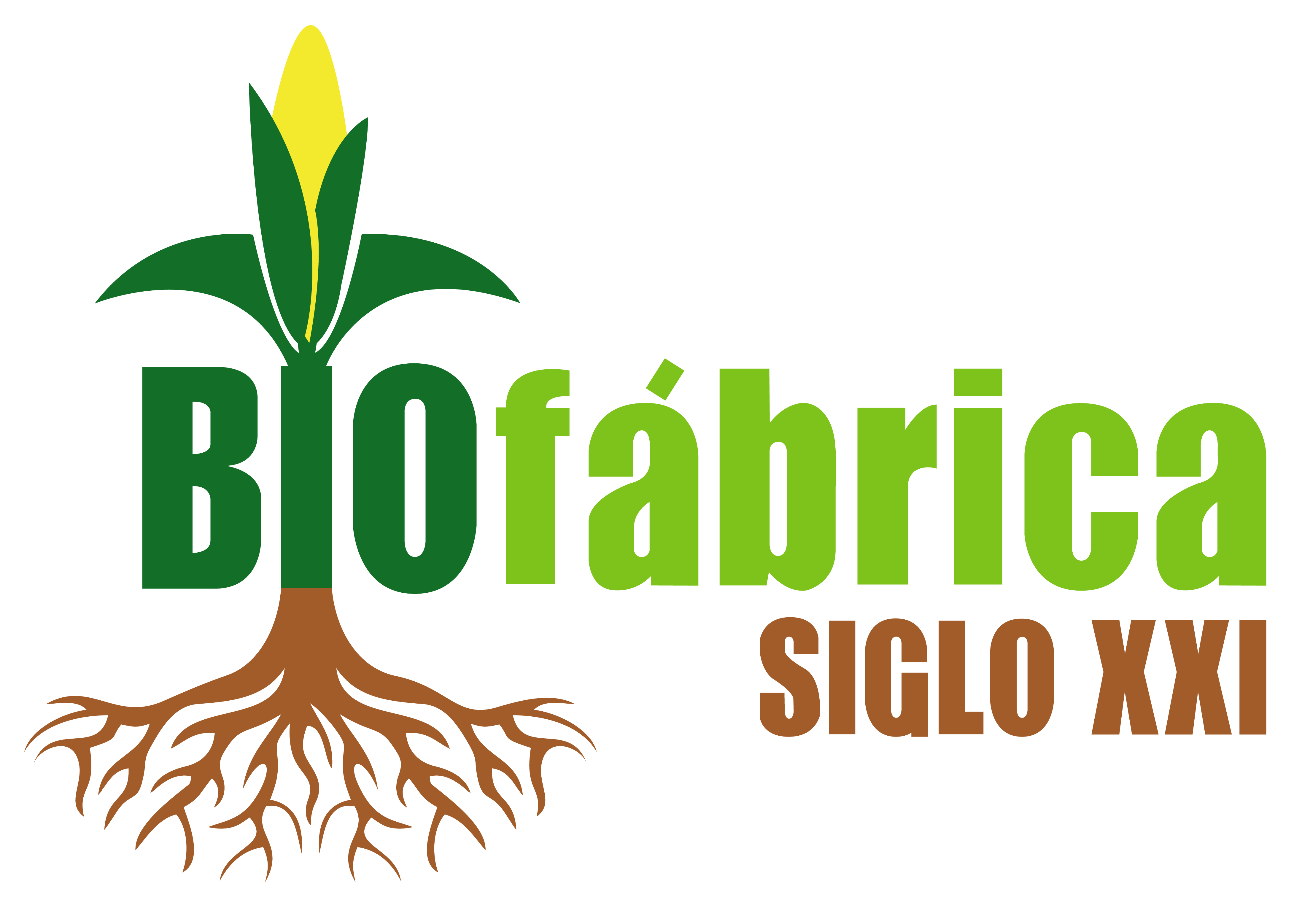


Biofábrica Siglo XXI is an agro-biotechnological company located in Mexico. It has developed biofertilisers to encourage an ecological, sustainable, and profitable agricultural model.
The project is run in partnership with Coca-Cola México and Unión Nacional de Cañeros, A.C. – CNPR, the leading canegrowers organisation in Mexico.
Purpose of the project
Biofábrica and its partners want to offer canegrowers more sustainable and proven sugarcane production models to:
- Improve the way sugarcane is produced, to turn it into a Regenerative Agriculture that allow soil to be revitalised and capture carbon.
- Develop farmers’ knowledge about their soil and production systems overall.
- Increase farmers’ productivity and profitability.
The project is tackling multiple environmental issues, such as greenhouse gas (GHG) emissions from burning and the use of chemical fertilisers, soil degradation, and crop resilience to the effects of climate change such as more frequent droughts.
It will increase sugarcane producers’ awareness of sustainable practices and build capacity to implement them.
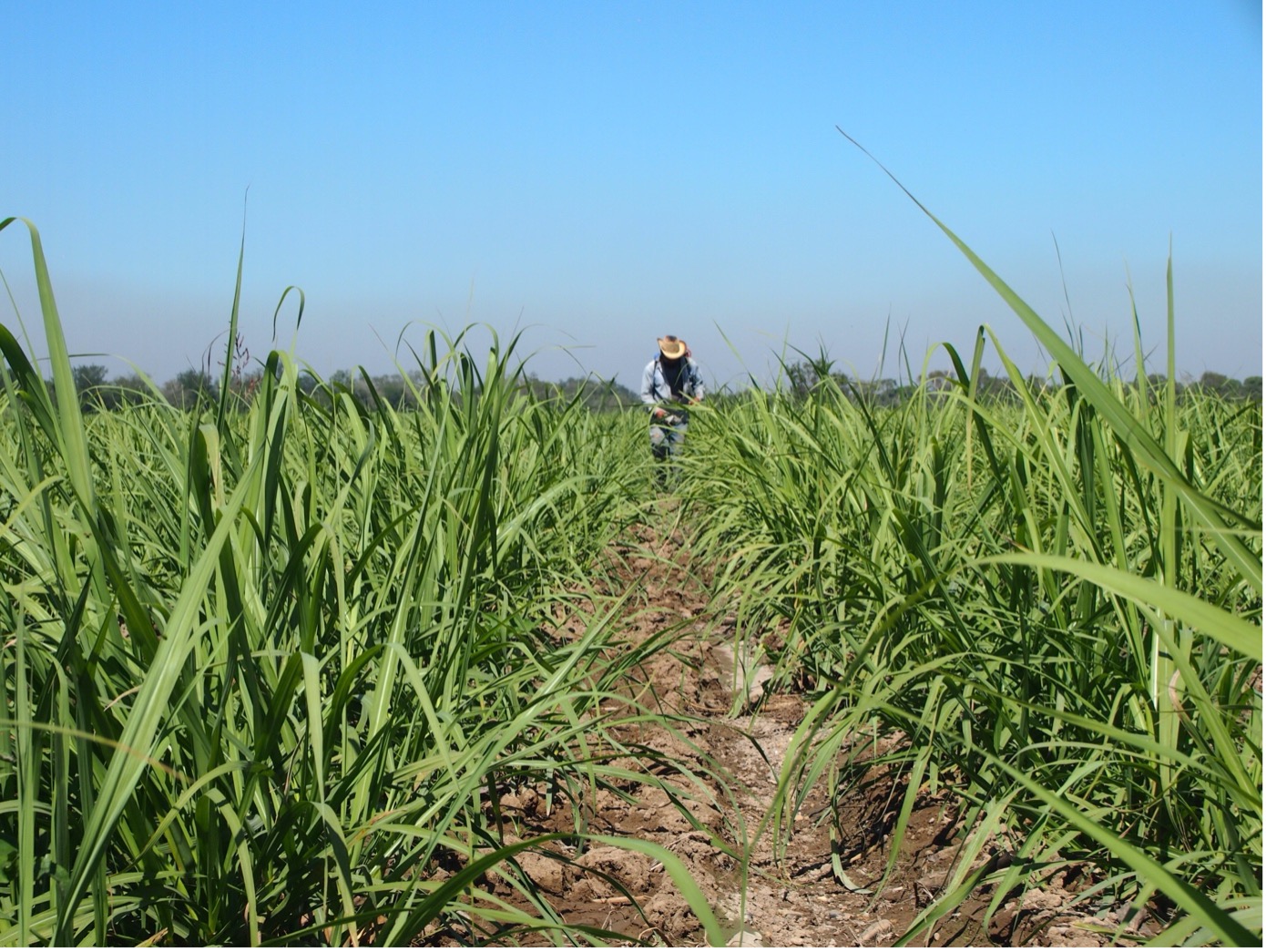
Location
Given sugarcane’s economic, social, and environmental impacts, it is one of the most important agribusiness value chain in Mexico.
Biofábrica will deliver the project in two different sugarcane production areas, the main one will be in the State of Morelos (with at least three demonstrative plots), which is located in the central region of Mexico. This region has the highest yields of sugarcane production, making it a benchmark, not only within national production, but also internationally. Also, one plot will be located at Campo Experimental Regional (CER) El Estribo, in the Huasteca region, located in the north of Mexico.
These regions represent two of the most important sugarcane production areas in Mexico. Also, there are some differences between the way that sugarcane is produced in both places, so, this diversity will allow the project to obtain solid data, as well as helping to grow the impact of the project.
The project will involve producers and technicians from the participating mills, as well as the technical staff from El Estribo. This collaboration will ensure that the indicators can be monitored correctly, and the proposed methodologies can be followed in detail. That will offer reliable and transferable results in both areas, and to other sugarcane regions of Mexico.
Why this project?
The Bonsucro Impact Fund supports collaborative, scalable and innovative projects that accelerate sustainable sugarcane production.
Scalability
Based on the results from the first cycle, canegrowers from the region will be invited to adopt the management practices established in the project, while receiving training on how to do it.
The partners aim to start scaling the project towards more commercial areas that can lead to a second phase to other locations in Mexico.
Innovation
This project is not only about carbon sequestration; it also connects to farmers’ growing needs to restore soil fertility and health, enhancing sustainable and productive agriculture.
The project lead and partners offer a new implementation model that gathers the most important practices and the most important stakeholders.
Sustainability
- Cost-effective and friendly
The practices included in the model are not expensive and are easy to implement, which will make it easily replicable in other production systems.
- Legacy training materials
All the knowledge shared (guidebooks, videos, field training records, social media content) in the project will be readily available for Bonsucro members and the wider sector once the intervention is concluded. The participant producers and technicians, and the staff from El Estribo, will also keep records and continue to train producers on how to adopt these management practices as a part of their day-to-day training activities.
- Ownership of the farmers
The project has a two-phase strategy over 24 months:
1. On-the-ground demonstration days: To raise farmers’ awareness and invite them to use the model.
2. In year two, the model will be promoted to incorporate more sugarcane production fields directly owned by farmers. Leading producers will be invited to participate and adopt the model on their own land, and offered the necessary guidance for successful transition, which will help attract interest from more producers.
Expected outcomes
- A more profitable and sustainable sugarcane production model, using beneficial microorganisms and best agricultural practices.
- A well-articulated technology transfer model, through a series of activities and dissemination materials for growers, agricultural technicians, and other actors who can contribute to the scalability of the model.
- Carbon sequestration hard data, resulting from evaluation and follow up, through reports from Biofábrica’s evaluation and follow-up methodology.
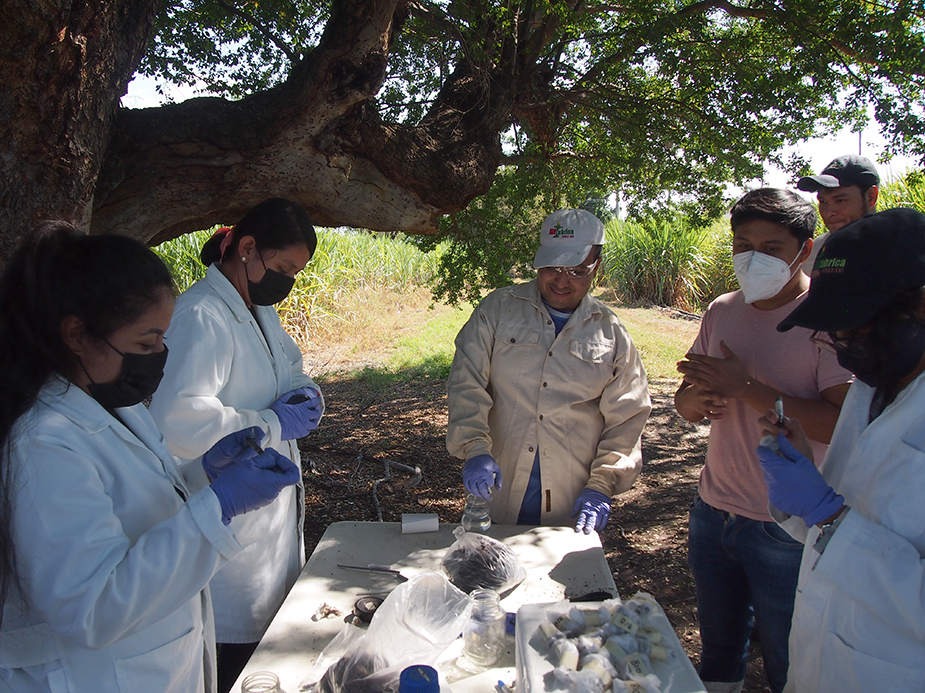
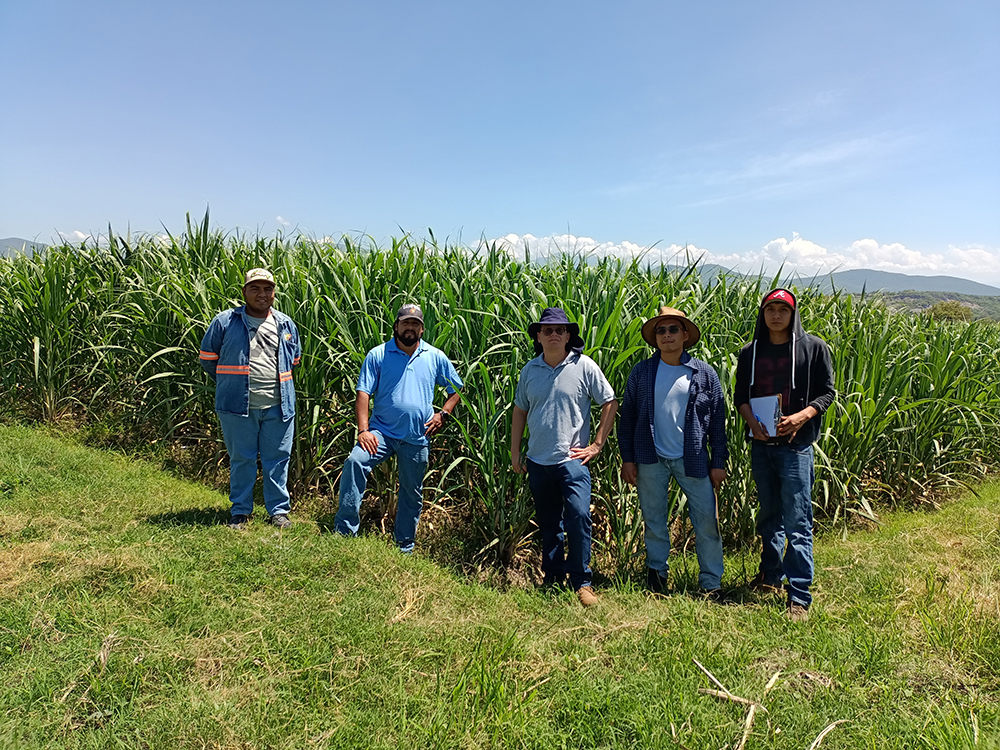
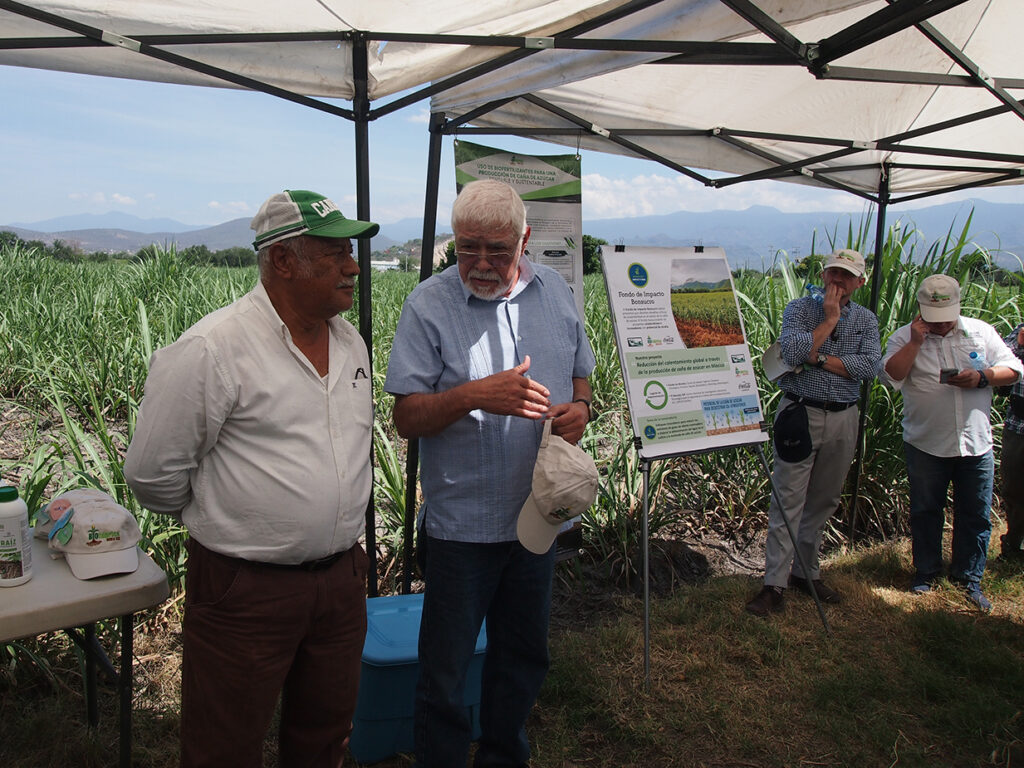
Project updates
Every six months, grantees of the Bonsucro Impact Fund have to submit a progress report. Here are some of the most recent updates about this project (August 2023):
- On top of the four participating plots, three have joined the project; one extra plot with Atencingo sugar mill and two smallholders’ plots in Mazatepec, Morelos. Those additional farms do self-assessment but not full soil analysis.
- The project is progressing well and demonstrating clear impact data regarding the application of the biofertilizers compared to cane without biofertilizers. Both quantitative and qualitative initial impact data shows improved cane production (in terms of drought resistance, healthy cane stalks (diameter and height, as well as colour). Early indications of drought resistance was an unexpected impact of the initiative.
- The impact data is supported by farmers’ testimonials: “[Now] very little application of chemical fertilizer… We are seeing excellent results. The cane completely tillered and is in the process of elongation, growth and development.” – Professor Rojas, demonstration plot, Yautepec, Morelos.
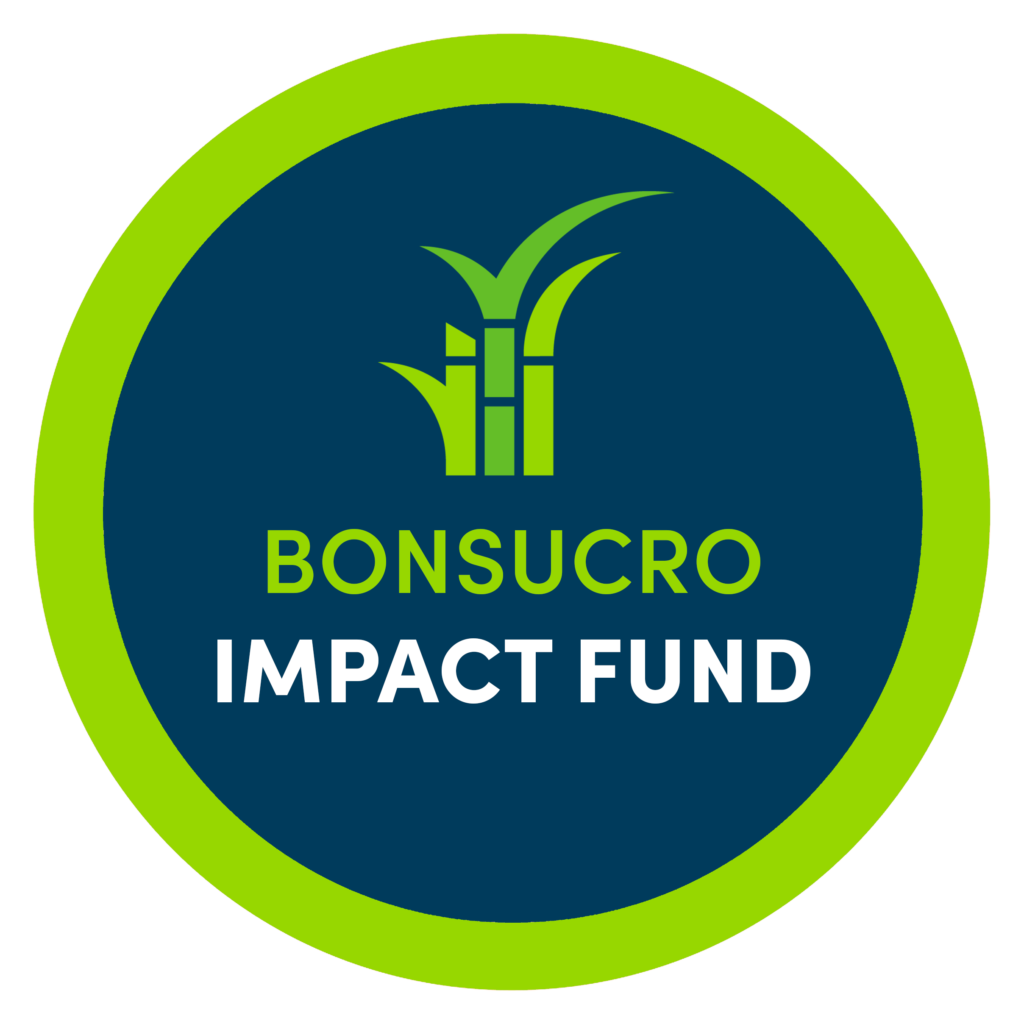
Bonsucro Impact Fund
The Bonsucro Impact Fund invests in impact projects that address critical sustainability challenges in the sugarcane sector.
The Bonsucro Impact Funds uses income from the sale of Credits through the Bonsucro Credit Trading Platform.
All trades are charged a transaction fee, around 50% of which is invested into the Bonsucro Impact Fund.
Learn more about the Fund and check for grants available here.
Bonsucro Credit Trading
By purchasing Bonsucro credits for sugarcane, ethanol, molasses and raw sugar, companies support impact projects on the ground through the Bonsucro Impact Fund.

Sign up to our newsletter
Get the latest industry insights, and stories from all corners of the supply chain straight to your inbox.




